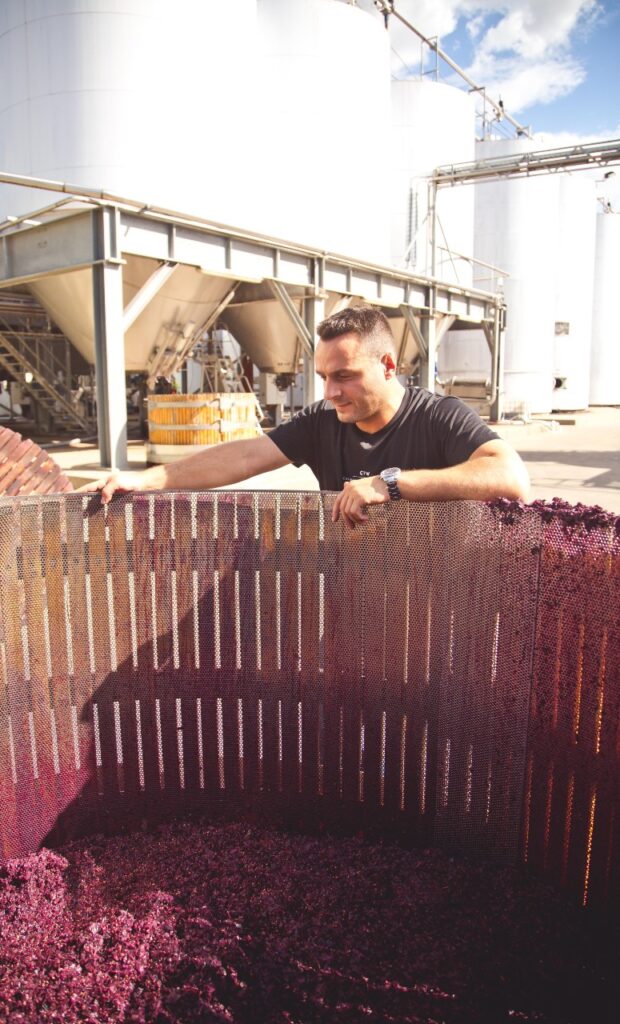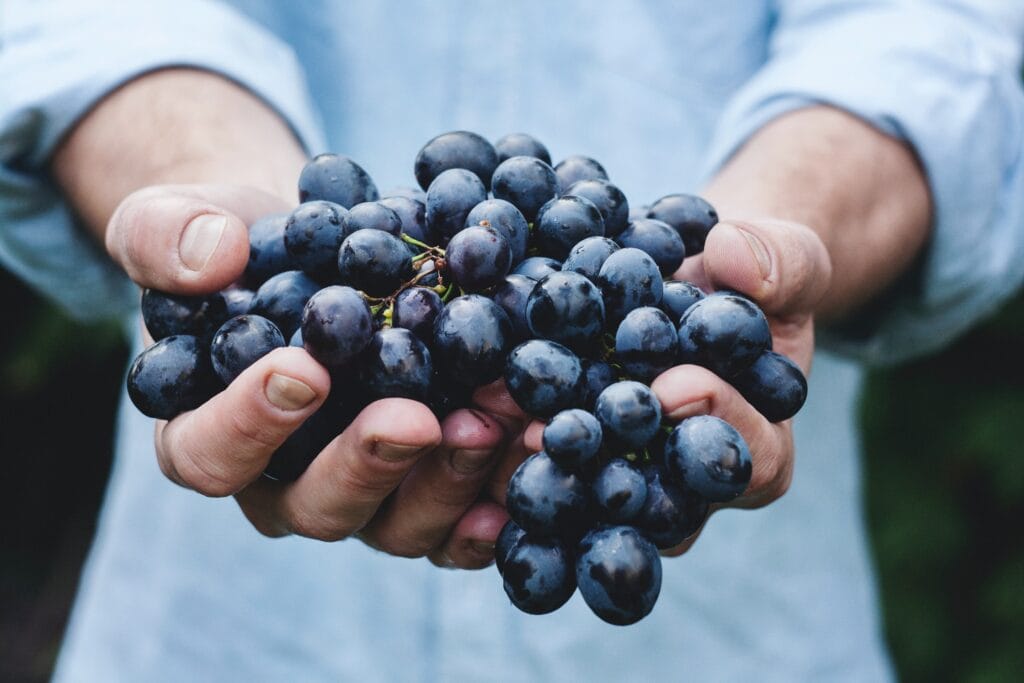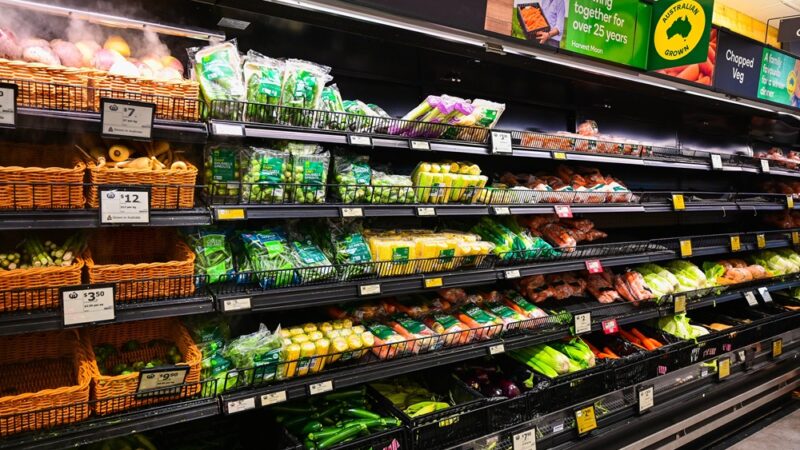Aerial of the Narrabri Gas Project Making it clear that there is no support for…
China’s wine tariffs & a call for help

China dealt major body blows to the Australian wine industry at the end of last year when it announced a tariff of either 6.3 or 6.4 per cent would be applied to Australian wine, based on claims local producers were being subsidised by the Federal Government.
This came a month after it slapped an up to 200 per cent anti-dumping tariff on Australian wine in November.
Concerns about the tariffs and the impact they will have on Chinese wine sales are running high in winemaking regions across the country, as producers jump to find new export markets.

�While the news to impose tariffs of up to 212 per cent on Australian winemakers will be devastating for our industry, it is still too early to predict what the true or accurate consequences are going to be,� Riverina Winemakers Association President Andrew Calabria said.
�What we do know is that it poses a great risk to predominantly local and regional communities, and the impact across the Riverina will be widely felt as our growers and wineries trade across all levels of the market � from premium, commercial and bulk wines.�
Mr Calabria says the industry is being told to �pivot� into new international markets by the Federal Government, but he believes more could be done by the government to help the industry explore this option.
�It is harder than ever to build new business relationships abroad as we deal with the COVID-19 pandemic. We need hard and fast assistance to open these international pathways and the best way for that to be done is on a diplomatic level,� he said.

The Riverina Winemakers Association is concerned about the steady decline of bulk wine prices as well as Chinese wine drinker�s preference for bottled Australian Shiraz and Cabernet wines, which make up 82 per cent of Australia�s wine exports.

�These direct sales into the Chinese market must be taken into consideration as there will be long term consequences should these wines be flooded back into our market,� Mr Calabria said.
Tony Battaglene, chief executive officer of Australian Grape and Wine, agrees a helping hand is needed to get the industry thought this trade spat.
�It is vital that governments come to the party and works with the industry to help open up and expand new markets. This is not the time for a short-term sugar fix, but a short, medium and long-term strategy needs to be implemented immediately,� Mr Battaglene said.
The Riverina Winemakers Association is also calling for clear and factual information to be passed through to regional growers and wineries as they begin to manage the situation.
Bob Berton, Managing Director of Berton Vineyards said: �The Australian industry existed before China came along so it will survive.�
Calabria agrees.
�While the news is tough to swallow for the industry, I remain positive that we will get through these turbulent and uncertain times,� he said.
If you enjoyed our feature on China’s wine tariffs, you might like our feature on the booming ag sector and it’s 2030 goal.








